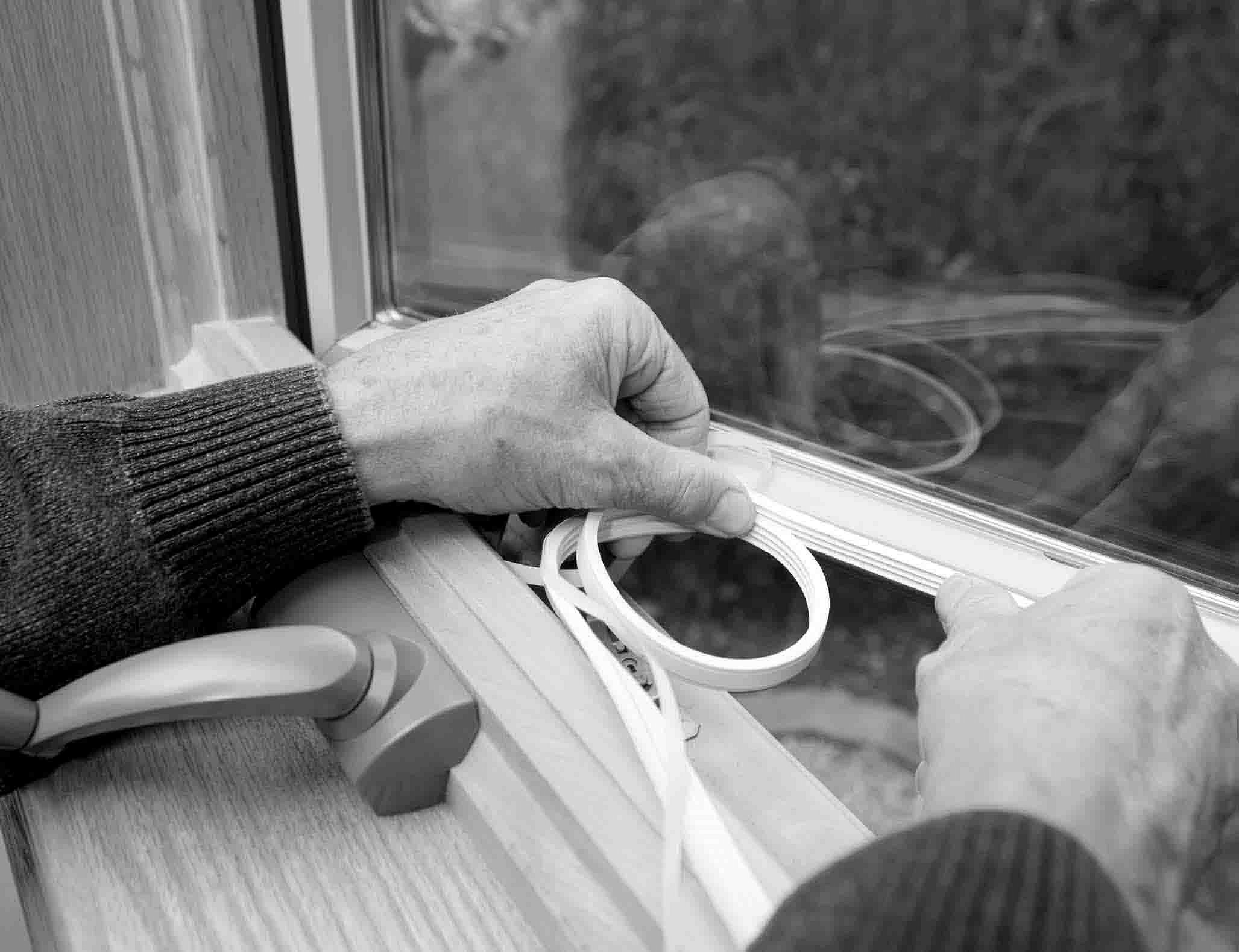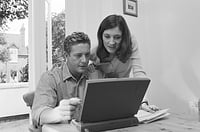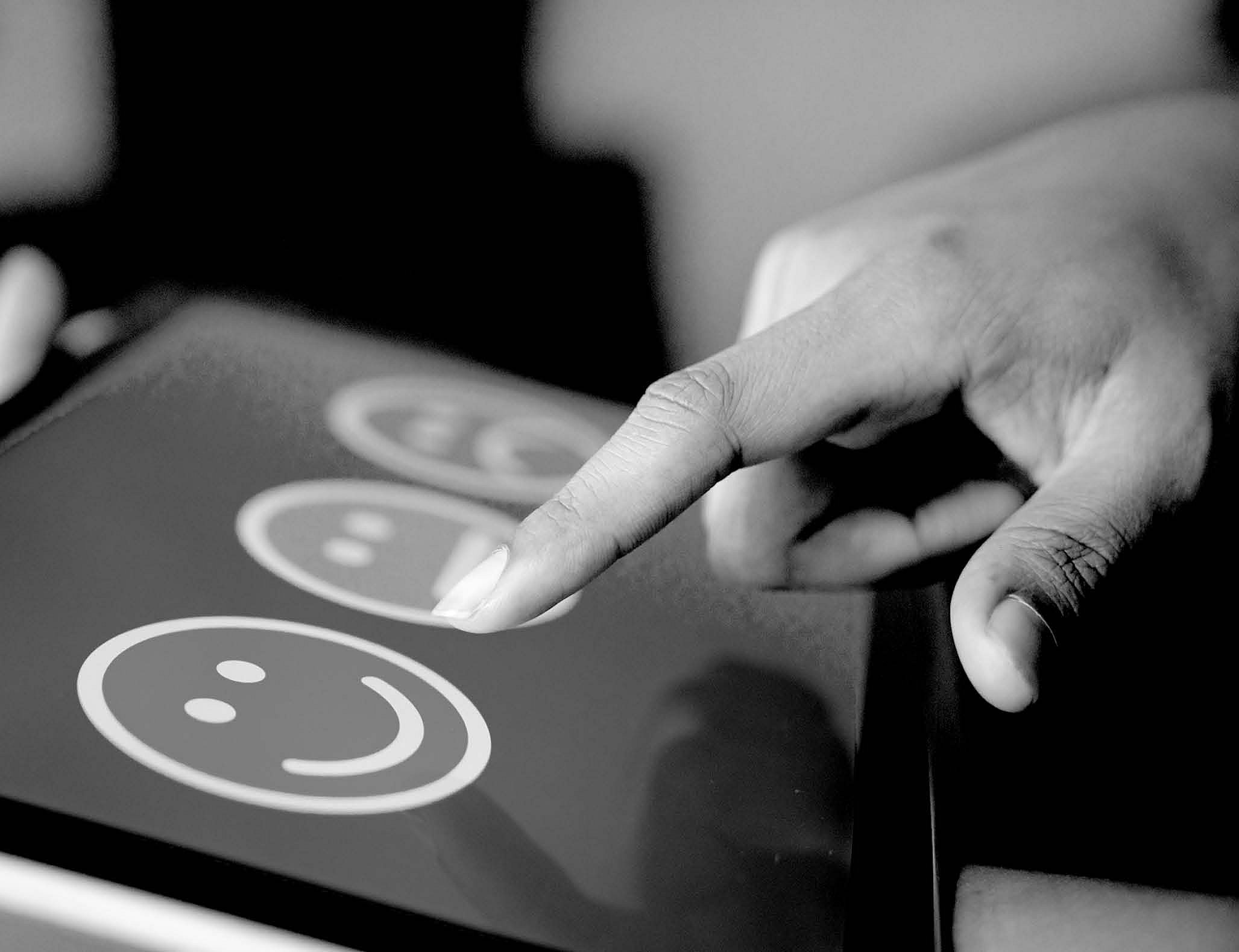12 Tips to make your home more energy efficient
health-and-home
With a recent increase in electricity tariffs and continuous loadshedding, having a home that is energy efficient has never been more important.
Energy efficiency means you are using less energy to do the same jobs. Here are tips that can help your home save energy:
1. Set your refrigerator temperature to the manufacturer’s recommendation
To avoid excessive cooling and wasting energy, read the user manual for your fridge and ensure that the temperature is set to the manufacturer’s recommendation. Look out for broken or compromised seals on the fridge, as this can cause warm air leakage, which increases the amount of electricity that the appliance needs to use to keep the contents cool.
2. Make sure your home is well insulated
Cracks, gaps, and leaks mean that it’s difficult to keep your home warm in the winter and cool in the summer. Ensuring that your home is well insulated can save you up to 10% onhome heating and cooling costs.
3. Don't leave your electronics on all day long
Only turn on your computer, monitor, printer and fax machine when you need them.
4. Install Solar Panels
Many are turning to solar panels as an alternative to heat water and generate electricity for their homes. Solar panels have many benefits, they help you save money on energy bills in the long run and promote lower fossil fuel usage. If your solar panels are permanently attached to your house, you’ll be covered under our Buildings Insurance product. With our Buildings Insurance you can enjoy peace of mind knowing that your solar panels are covered if your roof were to be damaged due to rain, a fire and more. To get a Buildings Insurance quote, click here.
5. Change your lightbulbs to LEDs
Replacing your bulbs with LEDs can help improve your energy efficiency with as much as 60% to 70% and they’re estimated to last 40 times longer than regular bulbs.
6. Unplug your cell phone
Don’t leave your phone plugged in overnight. Cell phone and battery chargers that are plugged in but not in use still consume electricity.
7. Turn off the oven on time
Turn off the oven a few minutes before cooking time runs out. Your food will continue to cook without using the extra electricity.
8. Install Low-Flow Showerheads
Research has shown that a water saving shower head uses up to 50% less water than a regular free flow shower head. Water saving shower heads are a great way of conserving water and reducing your carbon footprint.
9. Use cold water for laundry
Avoid running your washer with hot water and opt for cold or warm water when possible. Using cooler water for every load can potentially save a significant amount of energy.
10. Turn off unnecessary water
Be conscious of running water while brushing your teeth or shaving. Also, bathing typically uses 284 litres of water compared to a shower that uses about 65 litres on average.
11. Turn off the lights
Turn off the lights when they’re not in use. Lighting accounts for about 12% of a typical residential utility bill.
12. Turn off heated dry on your dishwasher and air dry
Instead of the heat dry cycle for drying the dishes after the load is complete. If you don’t have this option on your dishwasher, when the load has finished washing, turn the dishwasher off and open the door a crack to let the dishes dry.
Having an energy efficient home not only helps reduce pressure on the grid but also means you reduce your home's energy waste and spend less on electricity.








